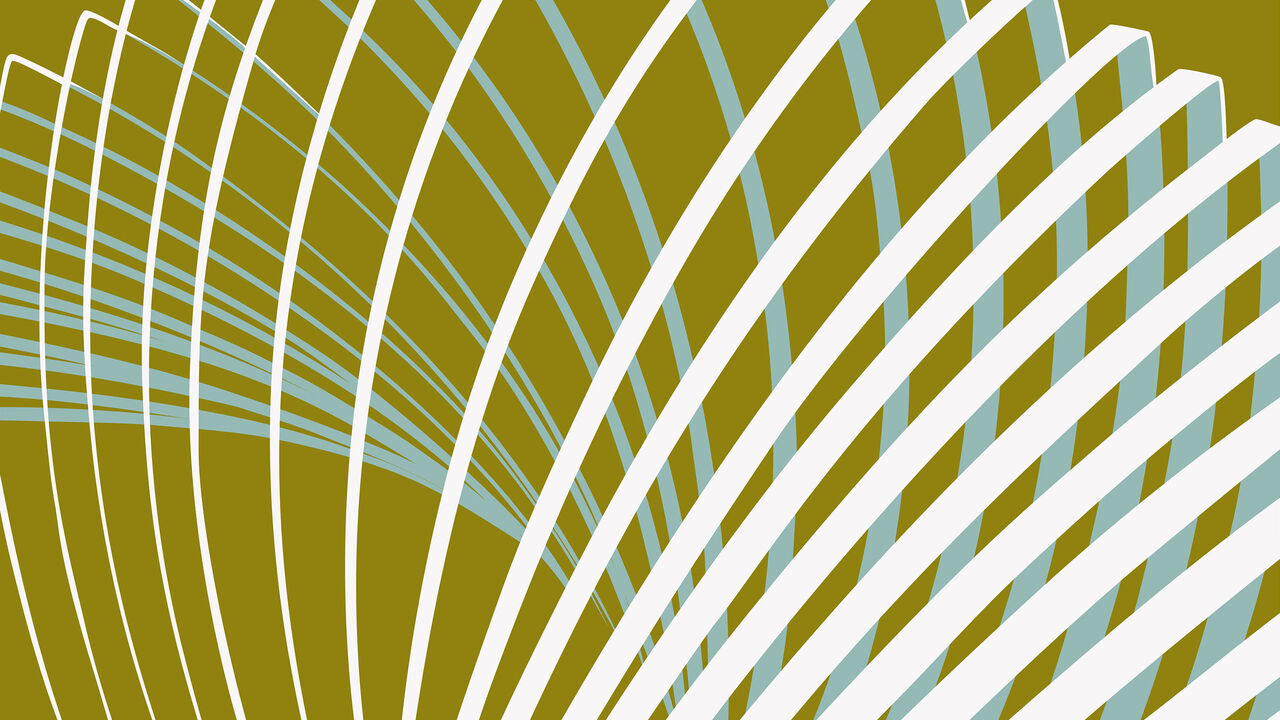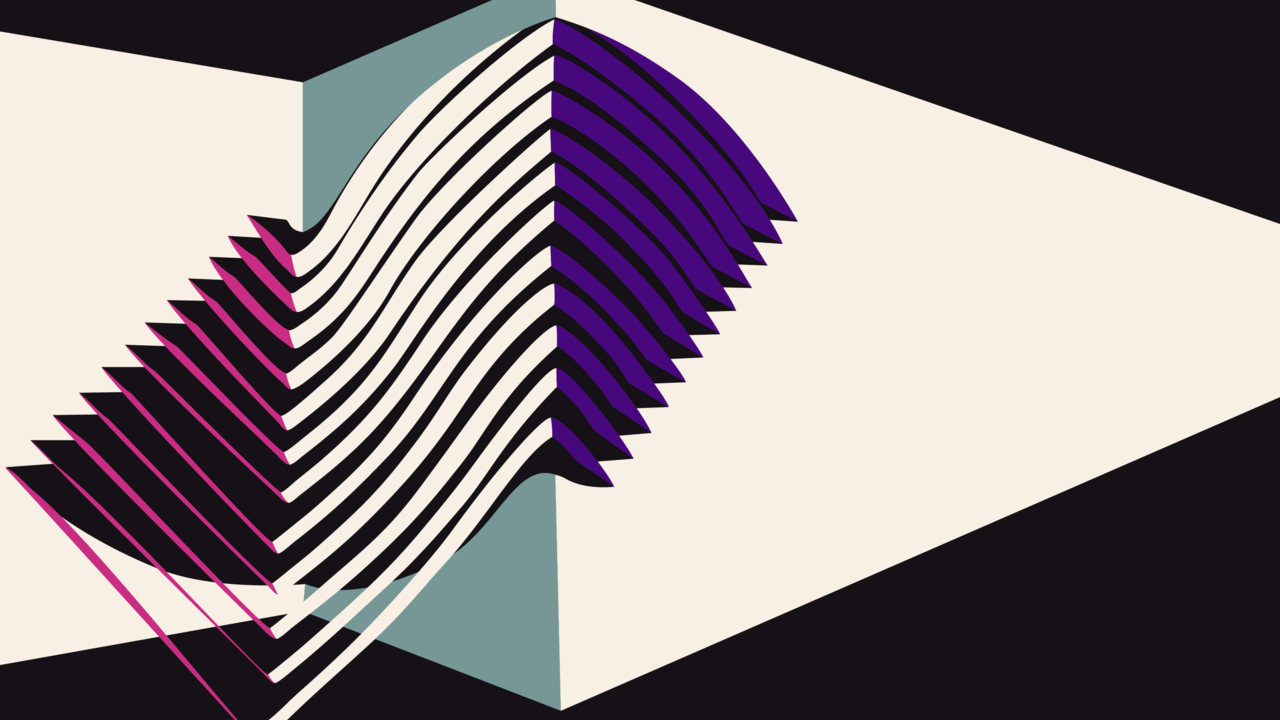The Organized Mind
The times they are a changin’
It seems like each generation is labelled as a group of lazy slackers by the generation preceding them. The reality is always different.
In the twenty-first century, we are doing more work, full-stop. In daily life, we balance more responsibilities than ever before. Sometimes it feels like the information age is drowning us, or at least trying to.
Neuroscientist Daniel J. Levitin has some advice. He's a New York Times bestselling author, and a professor of psychology too.
Levitin wrote the landmark book The Organized Mind: Thinking Straight in the Age of Information Overload. When it came out, it was seen as a vital piece of new research.
It received very positive book reviews from many sources. That includes Nobel Prize-winning neuroscientist Stanley Prusiner and acclaimed social psychologist Daniel Gilbert.
At the same time, Levitin's work on cognitive neuroscience of attention hit a nerve with the public. That's because it lays out an attentional system for everyday life.
Daniel Levitin and the age of information overload
Dr. Levitin has made a career of exploring our brain’s relationship with organization.
Levitin is Professor Emeritus of psychology and behavioral neuroscience at McGill University, Montreal. He is also the Founding Dean of Arts & Humanities at the Minerva Schools at KGI in San Francisco.
He writes for the Wall Street Journal sometimes.
Apart from The Organized Mind, he's written The World in Six Songs and This Is Your Brain On Music. The latter examines the evolutionary advantages of melody and composition. It's based on scientific research into music.
These works are about neuroscience and cognitive psychology, but they function as self-help books too. Levitin maps wide ranging strategies to help us prosper in life's chaotic information flow.
It's all about regaining a sense of agency.
Levitin has more insights than you can shake a stick at. His prose is wide ranging and thoughtful, with a whole lot of interesting stories, theories, and case studies spliced together.
He shows how the brain works, latest brain science stuff all included. Yet he also masters the art of balancing the anecdotal with haughty scientific evidence.
Weaving it all together, he makes a compelling case: we need to stop being so hard on our poor brains.
Booking planes and trips, organizing and printing photos, shopping, paying for bills. These are all services that have been performed in the past, and we continue to do now.
The difference? in the past people assisted us in these services.
The onset of apps Uber-izing our service experience means we have more control. That's great, but it means we also have more responsibility.
A wise man once said, “with great power comes great responsibility.” Sure, being able to book our flight check-in from home is not the coolest superpower, but it’s still more than we used to be charged with.
Not only do we need to manage and control all of these services. We also need to make sure we keep adapting our skill sets and knowledge bases to stay relevant in a self-serve world that is rapidly changing. Hey world, slow down!
The average American reports being distracted frequently. On a micro-level, just making sure you have the most recent versions of your millions of different apps and software is taxing enough.
But then what happens when you spend months, or years, learning all of the ins and outs of a particular email client. Then you realize it has since been replaced by something else with a new learning curve?
“Sorry, Granny—I’m glad you finally learned how to poke someone on Facebook. I hope you don’t mind adding me to Snapchat and figuring out how to use it because I don’t use Facebook anymore.”
Our brain wants to absorb everything, so it tries its best to do so. But it has a lot of disparate, messy information. It doesn’t know what the heck to do with it all, and that pisses our brain off.
Cognitive science shows us that our brains were wired for hunter-gatherer times. Information was scarce and slow back then.
When new information came along you would want to pay attention to it. After all, it could be a matter of life and death. Now we have way too much information.
So we get anxious, confused, overwhelmed. We end up discarding a big portion of that new information, some of which could have been super important.
We lose our car keys. We forget to save our health care receipts for tax time.
Our office workflow gets disrupted by a tweet or text message. We find ourselves missing appointments.
The weird thing about this? Our brain seems to enjoy being inundated by new sensations and information.
We love taking in all of the sights and sounds and reading new blogs and listening to interesting new podcasts. Our brains are pretty greedy, actually. It’s like a teenage kid at Thanksgiving dinner going back for their third overflowing plate of turkey, mashed p’tates and stuffing.
Yeah, all that stuff is delicious and it makes you feel good to eat it. But in 35 minutes you’re going to be passed down face first in the middle of the living room floor whining that your tummy hurts. While the family dog is licking your face.
We aren’t going to stop our brain from trying to accumulate information. The only thing we can do is figure out ways to sort through it all, to prioritize and explore the stuff that’s important to us, and to discard the rest.
I can’t get no….“satisficiaction”
No, the above title is NOT a typo. In the text, Daniel Levitin uses the term, “satisficing,” which is essentially a synonym for “meh...it’s good enough,” or, “if it ain’t broke, don’t fix it.”
Levitin identifies the mentality of satisficing as fundamentally important for a productive life.
Why? Because it means that we don’t waste essential mental resources on tasks that don’t need it.
Satisficing plays into what Levitin calls a cognitive economy. This is something that we need to embrace. Cognitive economy means that we categorize things in a way that makes sense relative to the importance of the item.
Levitin writes about sand, for instance. When you look at a beach, you’re thinking about sand, but you’re not thinking about 10,000,000,000 individual grains of sand. You know that there is a difference between the two, but your mind lumps them all together.
It is possible you’re some kind of sand fanatic who LOVES sand. But probably not. It's thus not very important to consider each individual grain.
The problem is that we live in a perfectionist society. A society that actually rewards being able to identify every individual piece of sand. And when we can’t, we become anxious and stressed out.
This churning flood of information jumbles the brain. In turn, it jumbles our judgement of priorities.
According to Levitin, our brain does make all sorts of organizational assumptions. It does this to make mental processing easier.
But let’s be honest here, sometimes our brains do a real bad job. The human mind can fail to distinguish between things that are important and things that aren’t. That’s because, as Levitin states,
“The decision-making part of our brain doesn’t prioritize.”
That’s why we need to use external organizational systems to help us. We need to offload some of the work from our brain and let the tools at our disposal help us!
It's like how when we're organizing our homes, we end up throwing a bunch of stuff in the kitchen junk drawer. It's erroneous to our daily life. We're getting things done without them.
In the same vein, the organized mind shows itself to be practical. Important stuff is acknowledged, and the information processing filters out the rest.
The recycle bin is there for a reason
One of the main systems that Levitin talks about in terms of organization is the idea of “active sorting.” It’s a pretty common sense concept. But it's one that will help our brains assign realistic values of importance to the different items on our to-do lists.
Active sorting literally entails separating certain tasks that need to be accomplished right away from the ones that don’t.
Levitin believes we need to use the concept of satisficing to help us make organizational decisions.
For example, you could spend 6 hours after dinner tonight scrubbing every inch and corner of your house.
You could do all of the stuff that nobody ever thinks of doing. Vacuum under the couch cushions, clean under the fridge, scrape the burnt crap out of your oven. Take down all of your curtains and wash them, steam-clean your carpets...
Or, instead, you can spend 1 hour, prioritize tasks, take care of the important stuff. Both methods will make you feel about the same. You’ll get that satisfaction of being in a clean, organized space.
Except with the latter method, you’ll have saved 3 hours of time. You can then re-assign it to another task, or relax.
But Levitin makes exceptions for "high-priority endeavors." For these he says "the old-fashioned pursuit of excellence remains the right choice.”
You don’t want to set the bar TOO low for that Ph.D. thesis you’ve been chipping away at for 12 years.
This is where organization of your environment can be really helpful. Organizing your space is one of the foundational principles of a clear and productive mind.
Digital space counts too. There is no better place to start than your personal computer and phone.
Humans adopted computers as an everyday tool. They were supposed to make everything easier, more convenient.
Computers help us communicate with our social world. They help us word-process, access and share information, and store all those important files.
But, somewhere along the line, computers took on a more disruptive place in our lives.
Of course, our phones and computers still have the ability to help us accomplish tasks with more ease. Not to mention help us organize and balance our lives—it’s just a matter of using them in the right way. They can at times stop being tools of convenience and became another distractor.
We need to reclaim power over our computers.
That means less lying in bed with your phone propped up against a pillow. Less watching Netflix until 4AM on Sunday night and more getting a good night’s sleep. More using your device as a planner instead.
These digital spaces have become some of our most important zones. As a result, they become cluttered by files, applications, pictures, and everything else.
Organizing your desktop, bookmarks, or Chrome tabs can be an excellent start to clearing more space for productivity in the mind.
Your phone—an assistant you can’t fire
Levitin makes an interesting observation. It's hard to find people who are uncommonly focused and ‘zen-like.’
Many of the only people he knows who could be identified as such are wealthy, successful people. Those who can afford to hire assistants to manage their time and resources.
On this social bracket, Levitin states:
“Their skills and accomplishments vary, but as a group, one thing is remarkably constant. I’ve repeatedly been struck by how liberating it is for them not to have to worry about whether there is someplace else they need to be, or someone else they need to be talking to. They take their time, make eye contact, relax, and are really there with whomever they’re talking to. They don’t have to worry if there is someone more important they should be talking to at that moment because their staff—their external attentional filters—have already determined to them that this is the best way they should be using their time.”
Most people can’t afford to pay assistants. So we are left with the challenging responsibility of juggling more tasks and information inputs than ever before. All while trying to maintain internal harmony and a productive, positive lifestyle.
When we look at random content feeds and social media, attentional and memory systems are hijacked.
Even though we don’t have people to organize time and money for us—we DO have access to tools that can accomplish largely the same thing. A sense of mastery where it comes to time.
We can develop our capacities for active sorting, satisficiation, and by using our physical tools in a responsible manner. We can undermine that looming, overwhelming feeling of having a million things to do but not having any time.
Attention and memory take a lot of mental energy, more than you might think. Recall that sinking feeling you get when you cycle through everything that needs to be accomplished in the next couple of days. It might actually correspond to something physical happening in your brain when you multitask.
Human brains were not meant to worry about a million different things at once. In fact, human brains were only meant to focus on the really important things—like eating, not getting eaten, and chasing around cavepeople.
Levitin summarizing this succinctly when he states:
“Attention is a limited-capacity resource.”
Someday in the future, once we start getting cybernetic chips implanted into our brains, we will be able to better deal with multitasking. But for the moment—contrary to popular belief—your brain can only devote attention to a limited number of stimuli.
The reason that you can’t understand when three people are all talking to you at once? It's the same reason why those to-do lists can be so daunting.
That much-vaunted "unused section of our brain" may hold the key to perfect memorization and organization.
Think of anxiety, stress, depression, complacency, stagnancy. If our brains were a little more powerful, the common mental ailments of our time would all become relics of our past.
Psychologists and self-help writers spend a lot of time and energy developing systems and tools. Things that are supposed to help us feel happier and more accomplished.
That’s because, for as long as humans have existed (almost), we have been attempting to find ways to ease the burden of mental organization.
Why do you think humans figured out how to write? Sure, communication was a big reason. But on the other hand, most early historical writing records are lists, records, receipts, and inventories.
Think of your ancestor chipping the number of salted cod fillets left in their trade company’s grungy old underground cellar. It isn’t THAT different from the Evernote to-do list, mind map, or a Kanban board you update every 5 minutes.
Levitin closes his text with some words to help us feel optimistic about sorting it all out:
“The best way to improve upon the brains that nature gave us is to learn to adjust agreeably to new circumstances. My own experience is that when I’ve lost something I thought was irreplaceable, it’s usually replaced with something much better.”




